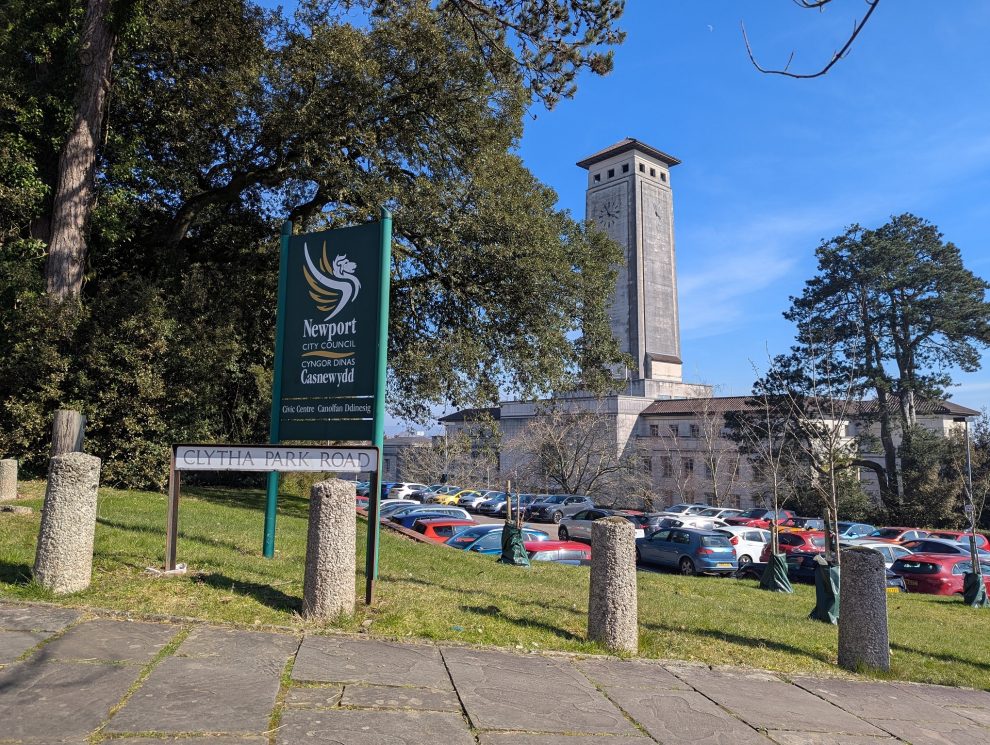FOSTERING services in Newport will move away from independent providers over the next five years, in line with national ambitions to remove profit from children’s care.
Currently, the vast majority (86%) of the more than 300 looked-after children in Newport are cared for under city council fostering arrangements.
A council report shows use of independent fostering agencies (IFAs) “has continued to decrease” and Newport has recently hired a dedicated officer to help recruit more people as fosterers.
At a scrutiny committee meeting, on Wednesday April 30, members heard “a lot” of children who are currently fostered with IFAs have disabilities or more complex needs.
To reduce this reliance on outside agencies, the council is looking at “how we recruit and fully equip carers” who have an interest in looking after children who have disabilities or additional learning needs “and building a service around them”, explained council officer Louise Quatermass.
“That’s the critical area we haven’t got capacity ourselves”, she said of the council’s current service.
Cllr Jason Hughes commended the department for its work, telling the meeting “I don’t think people understand just how exceptional a figure of 86% is”.
The council report shows how the council will meet the Welsh Government’s “long-standing commitment” to remove profit from care.
From April 2026, any new children’s care providers which want to operate in Wales must be not-for-profit or a local authority.
A year later, existing for-profit providers of children’s care homes, secure accommodation or fostering services will not be allowed to expand their existing commercial provision.
Then, from April 2030, new restrictions will mean children cannot be placed into for-profit care “apart from in exceptional circumstances”.
To develop Newport City Council’s own fostering community, Ms Quatermass said the local authority relies on a “vast range” of carers, from those who can support children full-time to others who may only be able to provide “short breaks” to young people.
“We’re trying to get across the flexibility of fostering,” she told the committee. “We need a diversity.”
The committee went on to hear the council’s work as part of the South East Wales Adoption Service (SEWAS), in partnership with four other local authorities in Gwent, has recorded a conversion rate of enquiries to approvals of 30%.
The main reasons for enquiries stalling or not proceeding included limited accommodation or that potential applicants had instead used IVF treatment.
The committee heard the service is carrying out more follow-up calls to interested applicants “further down the line” in a bid to reignite their interest in adopting.
















